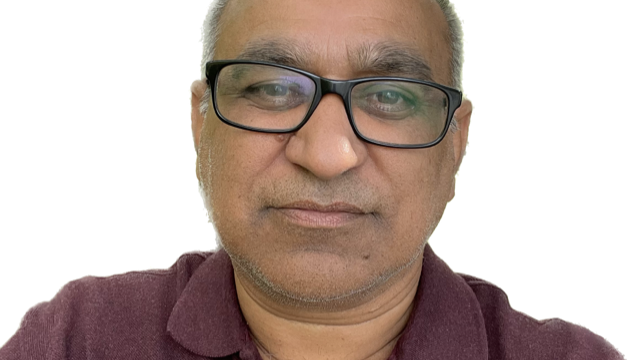Free and publicly accessible information about national decision-making are the core of democracy. This information enables us to monitor and oversee representatives and tells us what, where and when decisions are made. Without public information and knowledge, we cannot demand action from political representatives or engage in political discussions.
Niklas Tuomola is the CEO of Democratize, a company that improves communication and engagement between decision-makers and the people affected by their decisions. They are using content from decision-making organizations and open data sources to create a comprehensive democracy platform for the people.
The Director of InnoLab, Mari K. Niemi, is a member of Democratize’s advisory board.
Public information can be found in various forms in various places. For example, information can appear on a piece of paper posted on a bulletin board in a local town hall. However, when information is presented in this way, it may not be easily accessible or processed for further use. In terms of usability, access to information can be rather difficult, time-consuming and even impossible. Open data is more useful because it is available online in a format that can be read, processed and packaged by a computer for everyone to access.
In other words, open data is the information of the future.
Open datasets covering a myriad of topics are already available—from bus GPS signals to votes in parliament, and everything in between. Open data democratises information and, as such, tends to breed innovation. This is the case for democracy as well.
For example, in Burkina Faso, the government opened its data to civil society, which has strengthened democracy by making election results more accessible. Other governments are starting to adopt this trend: some have shared data that shows how hospitals are performing, and others have shown where the most bicycle accidents happen. In Finland, it is now possible to track and oversee representatives easily and automatically using the government’s open data platform (avoindata.eduskunta.fi). On the website, one can find the votes, issues and even representative statements, which can be easily processed by a computer. Some cities have even opened their records of council meetings and turned them into open data.
Open data allows citizens to engage with decision-makers in a completely new way and harnesses the community to find solutions to public problems. It also allows citizens to understand the government and its decisions, which helps people form opinions that are based on facts and official information. In this way, open data can increase transparency and trust in decision-making institutions.
That being said, we have to remember that the value of open data only comes when somebody refines it into a human-readable format. Data presented as random .json files are worthless to most people. Therefore, need more innovators and tech-savvy people who can experiment with datasets and make them usable to the public.



